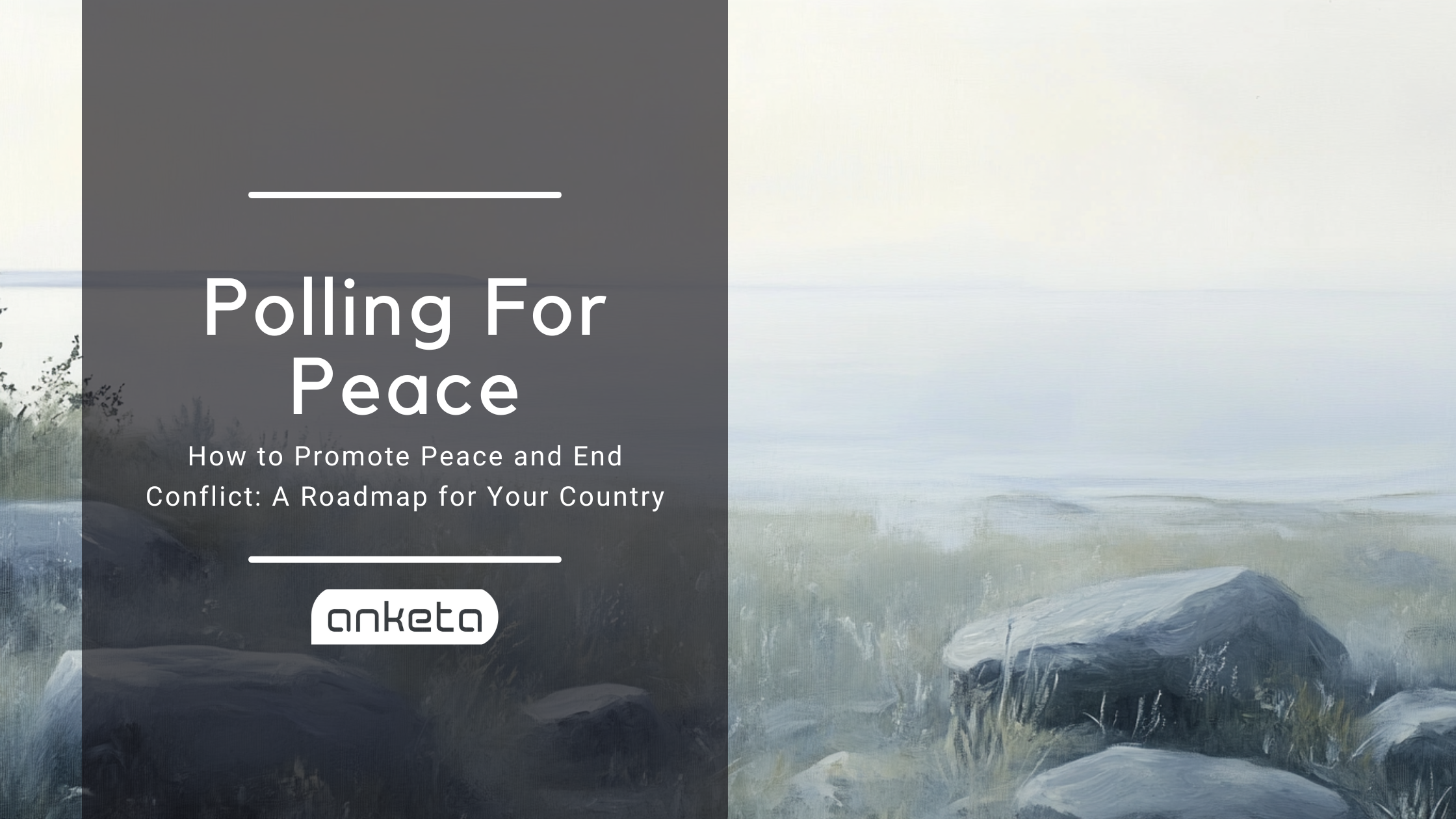The deeply distressing news that someone’s life, whether it be your own or another individual’s, is currently being put at risk by the decisions of political leaders, industrial magnates, and military actions of interested parties, is by itself a horror of indescribable feeling of helplessness. In the midst of a state of conflict and war the impact of every decision reflects on individuals.
It is vital for the international community to work together to find peaceful resolutions to conflicts, and for political leaders to prioritize diplomacy and dialogue over military actions whenever possible. Ultimately, the goal must be to reduce human suffering, protect the rights and safety of civilians, and strive for a future where lives are not dependent on the decisions of those in power.
Furthermore, it is crucial for individuals to engage in the democratic process by participating in polls and advocating for policies and leaders who prioritize peace and diplomacy, as collective voices can play a significant role in steering nations toward a more peaceful and just world.
In such dire circumstances, harnessing the power of polling can serve as a valuable tool to help bring about an end to the conflict, foster dialogue, and pave the way for lasting peace.
This article outlines how you can use polling to make a difference in your country’s ongoing conflict.
Understanding Public Sentiment
To initiate a peaceful transition from conflict to resolution, it is essential to understand the sentiments and opinions of your country’s citizens. Polling can be used to gather data on public sentiment regarding the conflict. Surveys and questionnaires can be designed to gauge opinions on the causes, potential solutions, and the desire for peace. Understanding the prevailing sentiments will help in framing strategies and policies that align with the public’s will. Common people NEVER want war!
Starting Inclusive Dialogue
Polling can identify key stakeholders and influential voices within your country. These stakeholders can be engaged in structured dialogue and peace talks. Through polls, you can identify representatives from different groups, factions, and communities to participate in discussions aimed at finding common ground and negotiating a peaceful settlement.
Using Data
Once you’ve conducted polls to gauge public sentiment, you can use the data to prioritize the issues that matter most to your citizens. This can help in creating a roadmap for peace negotiations and ensuring that the concerns and aspirations of the people are central to the peacebuilding process.
Reconciliation
Where reconciliation and healing are needed most? These findings can guide the development of programs and initiatives that foster understanding, forgiveness, and unity among communities that have been divided by conflict.
Monitoring Progress
As peace negotiations proceed, polling can serve as a continuous feedback mechanism to monitor the progress of peace initiatives. Regularly surveying the public can help gauge whether the peacebuilding efforts are on track and whether adjustments are needed to address concerns or challenges that may arise during the peace process.
International Support and Mediation
Polling can also be used to garner international support for peace initiatives. Sharing poll results with international organizations and mediators can demonstrate the commitment of your country’s citizens to achieving peace. This can encourage foreign governments and organizations to provide diplomatic and financial support for peace efforts.
Challenges and Considerations
Using polling to end a conflict is not without its challenges. In a conflict zone, ensuring the safety and security of pollsters, respondents, and data can be a significant hurdle. Rigorous efforts must be made to maintain the safety of those involved. Additionally, interpreting and acting upon polling data in a way that promotes unity and peace is a complex process, requiring skilled negotiation and diplomacy.
Achieving peace in times of war necessitates a comprehensive strategy involving international diplomacy, ceasefires, humanitarian aid, negotiations, reconstruction, addressing root causes, civil society support, local input through polling, education for tolerance, accountability for human rights abuses, and a profound long-term commitment. These elements collectively contribute to the complex and sustained efforts required to bring lasting peace and stability to any region where was has started.
In a situation as dire as a war, every avenue for achieving peace must be explored. Polling is a powerful instrument that can provide valuable insights into public sentiment, prioritize issues, and facilitate dialogue. While polling alone cannot end a conflict, it can be a crucial step towards understanding the path to peace and ensuring that the voice of the people is heard in the process. Coupled with diplomacy, negotiation, and international support, polling can be a beacon of hope for bringing about an end to the war in your country and paving the way for a more peaceful future. Your efforts in utilizing polling for peace can make a significant impact in bringing an end to the conflict and creating a better future for your nation.
Read also

Polling serves as a catalyst for debates by posing questions that prompt all of us to reflect on our beliefs, preferences, and priorities. This often leads to spirited discussions with diverse viewpoints. But although it might sound as something we would rather avoid, it is imperative to leave echo chambers or we risk to trade awareness for biases.


